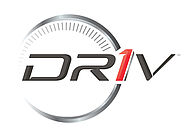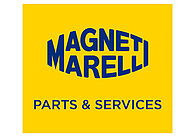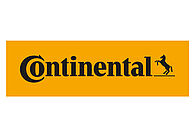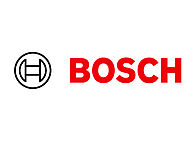Control units

Control units are electronic modules which enable a variety of functions in modern vehicles.
Function
The inside of modern vehicles is largely comprised of computer-based electronics. Today, a wide range of functions are realised with programmable control systems. These control, for example, ignition and fuel injection, along with comfort functions such as the air conditioning, and safety systems and driver assistance systems, such as the anti-lock brake system (ABS) or the electronic stability program (ESP). So-called control units are responsible for the electronic control of these systems.
Control units work in accordance with the “IPO” principle: They receive signals from sensors and control elements, process them and control so-called actuators which are responsible for converting the control unit signals into a particular action. Control units are connected via a data bus and can therefore communicate with one another.
Functioning priciple
Control elements and sensors are the interface between the vehicle and control unit. Here, sensors cord digital and analogue parameters, such as engine pressure, speed or temperature, and convert them into electrical signals. Control units also exchange information about operating states and other data. All of the signals are processed in the control unit and compared with defined target values. If there are differences between the target and actual values, the control unit calculates the output signals to control the actuators. These then intervene in a controlling/correctional manner, thereby ensuring that the actual values correspond to the target values again. Most actuators are electric motors or electro-magnetic valves.
Diagnostics
In modern vehicles, control units are connected to each other via different system buses. The on-board diagnostics or a vehicle diagnostic system can be connected via such buses. External diagnostic devices can also be used to communicate with the control units.
Design
Control units are comprised of these main components:
Safety
Powerful control units enable numerous safety and assistance systems to be implemented. They therefore help to provide the driver with assistance in critical situations, thus helping to avoid accidents or moderate their severity.
Protection of the environment
Amongst other things, control units help to control systems which use fuel in an increasingly efficient manner, thereby contributing directly to engines with lower emissions.
Downloads
Here you can find all available downloads for the topic "Control units":
All file downloads:









